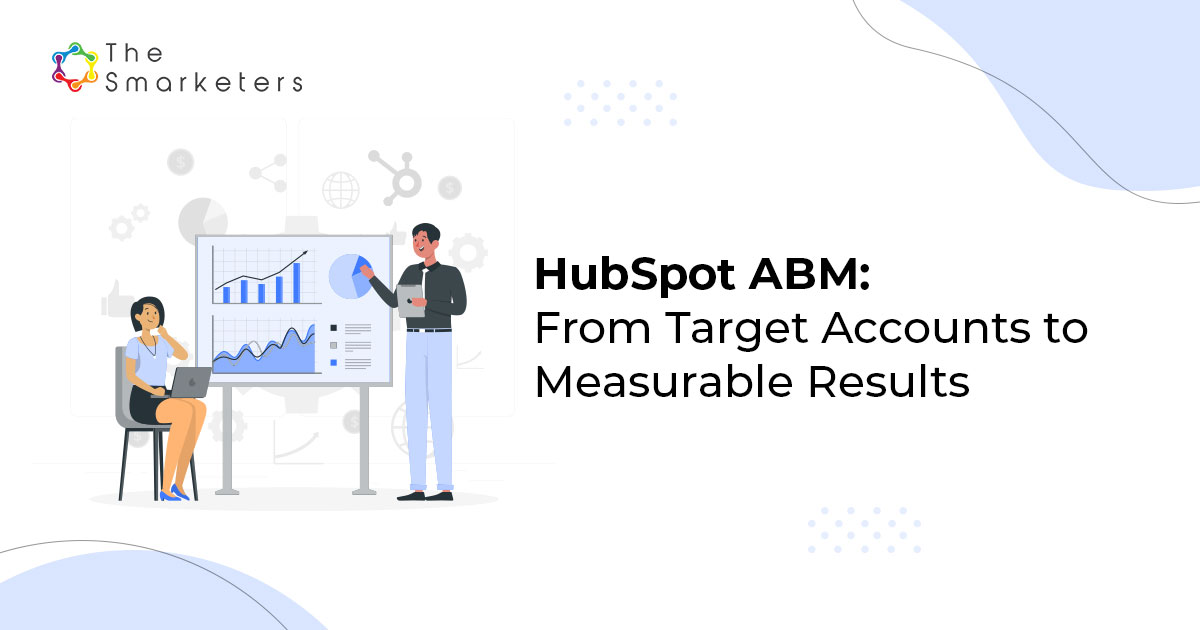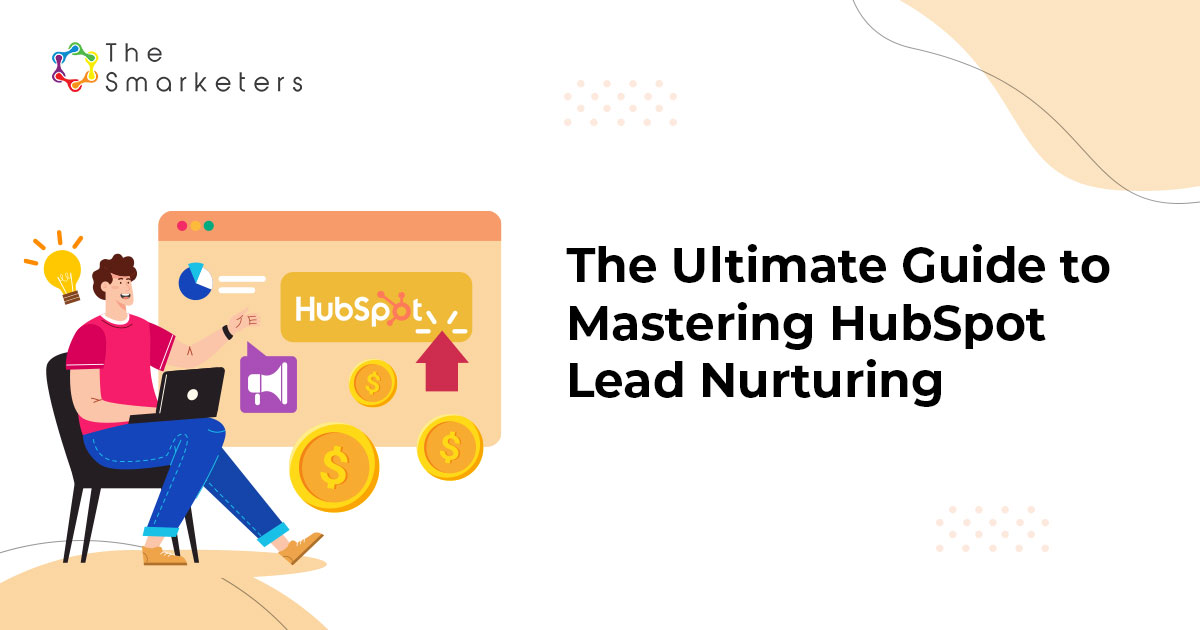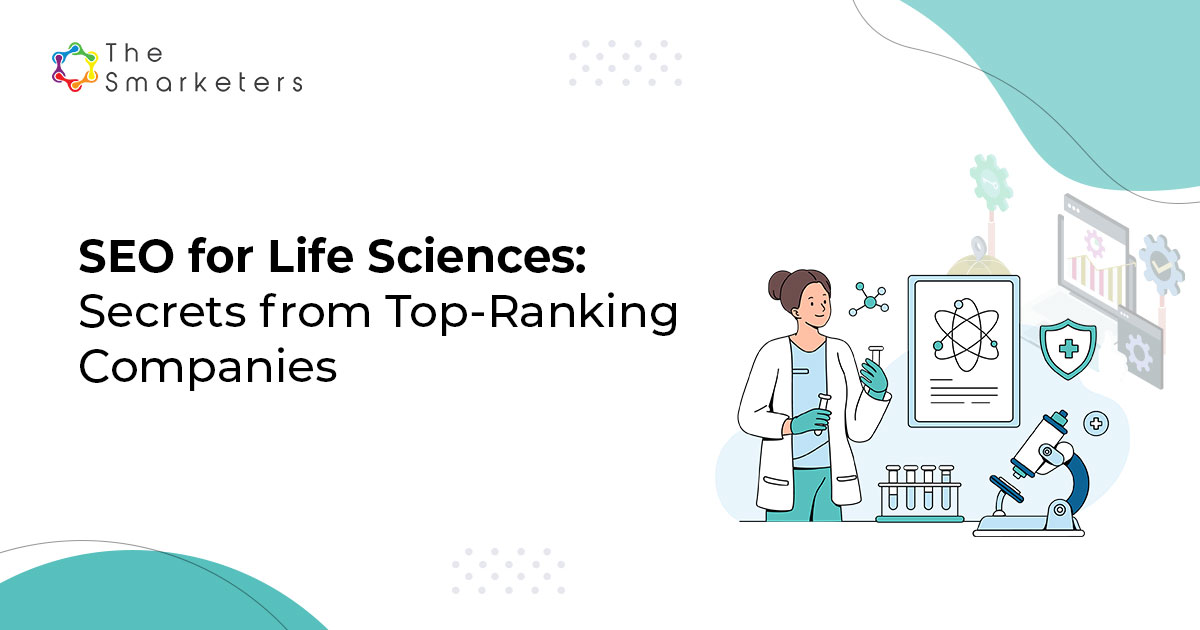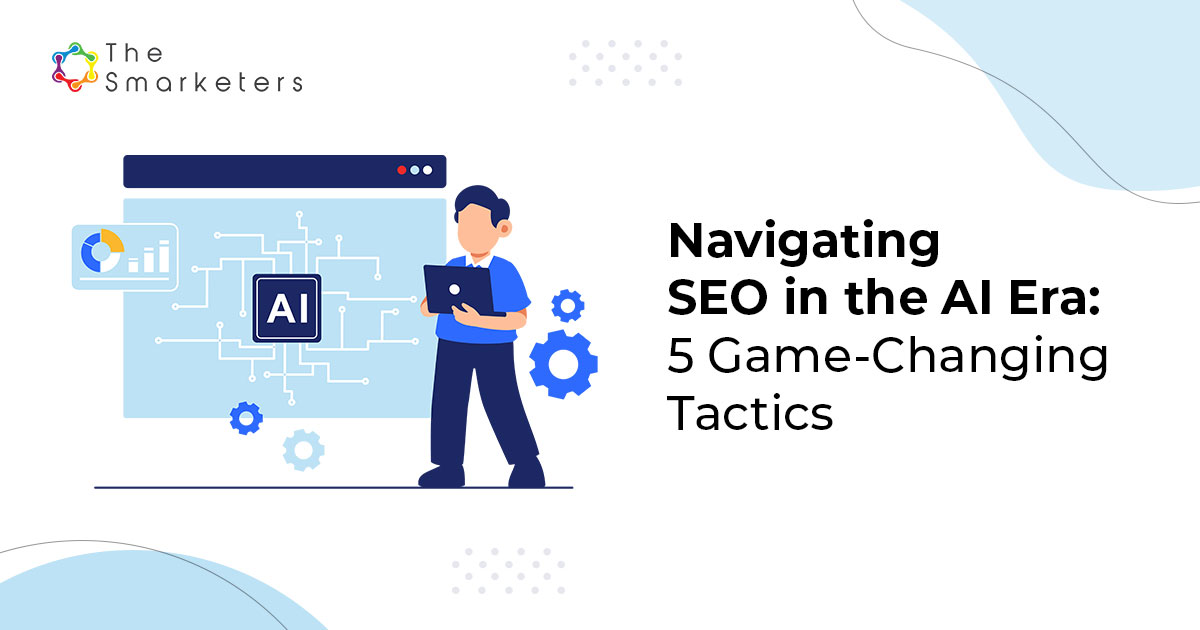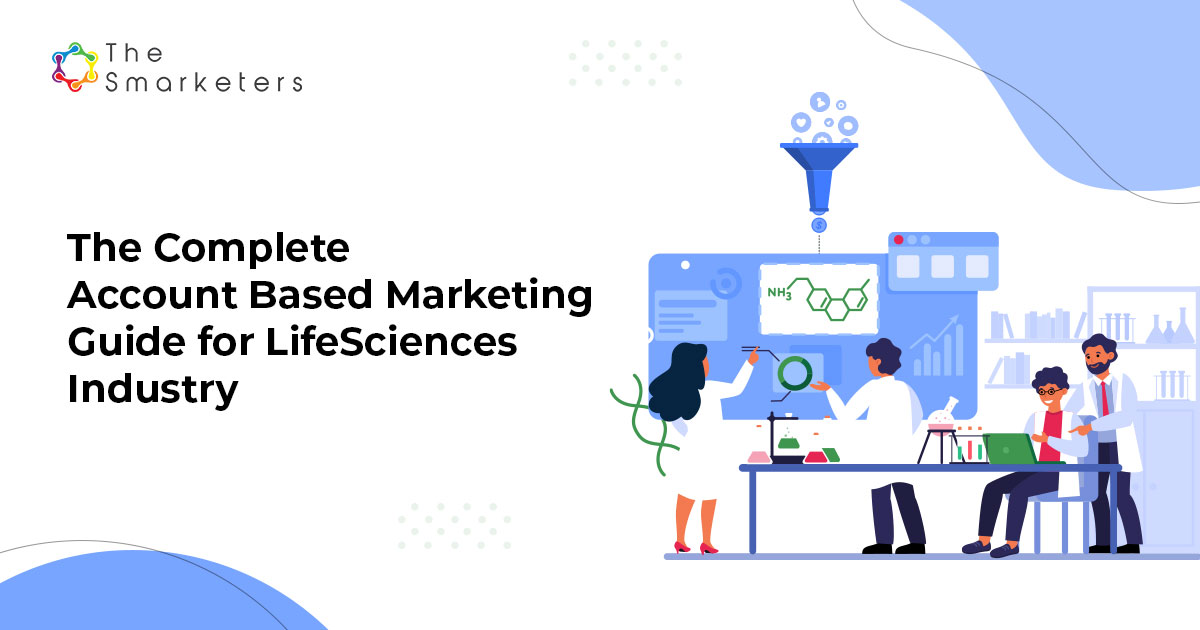Data is an invaluable asset in today’s hyper-connected business landscape. With 1.7MB of data generated every second, the total data volume is projected to reach 200 billion terabytes by 2025. In this context, B2B data is critical in driving growth, fostering innovation, and enabling informed decision-making.
By harnessing the power to forecast market trends, personalize customer experiences, and optimize strategies, effective B2B data management holds tremendous potential to transform your business.
Research conducted by McKinsey reveals that companies using data-driven B2B sales-growth engines have reported remarkable growth rates and EBITDA gains ranging between 15% to 25% – further underlining the distinct advantage B2B gives in predicting industry shifts, driving progress, and increasing ROI.
This blog explores five areas where effective B2B data management can significantly impact your business.
Understanding B2B Data Management
B2B data management involves collecting, organizing, and utilizing business information to make strategic decisions in a business-to-business context. It involves using various tools and technologies to capture and analyze data from multiple sources, such as customer interactions, financial transactions, and market trends. This data can drive business growth, enhance customer relationships, and optimize operational efficiency.
Benefits of B2B Data Management
Effective B2B data management is a critical component of business strategy, allowing companies to gain a competitive edge by leveraging data-driven insights. Here is how data management in B2B benefits businesses:
- Streamlined Decision Making: With effective B2B data management, businesses can access accurate and timely data, facilitating faster and more informed decision-making processes.
- Enhanced Operational Efficiency: Proper data management can help reduce redundancy and streamline workflows, increasing productivity and operational efficiency.
- Improved Customer Relationships: Accurate data can provide insights into customer behavior and preferences, enabling businesses to tailor their services and build stronger relationships.
- Compliance and Risk Management: Good data management practices ensure compliance with regulations and assist in risk management, thereby protecting the company’s reputation.
- Competitive Advantage: Leveraging data effectively can give businesses a distinct competitive edge, enabling them to identify market trends and adapt their strategies accordingly.
5 Areas Where B2B Data Can Make an Impact
B2B data and effective B2B data management can significantly transform your business operations, leading to strategic growth and a competitive edge. Here’s how:
Define ICP and TAM
B2B data is vital for developing an Ideal Customer Profile (ICP) and understanding the Total Addressable Market (TAM). High-quality B2B data allows companies to gather detailed information about potential customers, including their industry, company size, and decision-making processes. This data helps create an ICP, representing the ideal organization that would greatly benefit from a business’s product or service and offer significant value in return.
Effective B2B data management is also crucial for defining a company’s TAM. This involves analyzing market size, segment potential, and customer pain points. With proper data management, businesses can accurately determine their maximum revenue opportunity in the market, ultimately establishing their TAM. This strategic approach helps companies allocate resources efficiently, maximizing growth and success.
Amplify Territory Planning
B2B data serves as the backbone for territory planning strategies within businesses. It delivers key insights into market fluctuations, consumer patterns, and untapped opportunities. This data enables companies to make educated choices about resource distribution, sales tactics, and consumer interaction.
With effective B2B data management practices, businesses can use this information to fine-tune territory allocation, identify potential expansion zones, and boost sales performance. This approach encourages the wise use of resources and concentrated efforts to generate the greatest impact.
Enhance Competitor Campaigns
Accurate B2B data helps businesses understand their competitors’ customers and create personalized marketing strategies. A trusted B2B data provider offers firmographics, intent data, and technographics to identify relevant install bases and launch campaigns against specific competitors. This information helps adjust product offerings and attract more customers. B2B data management offers valuable insights for outperforming competitors and achieving market dominance.
Understand Intent and Buying Signals
B2B data is valuable for companies looking to understand buying signals and customer intent. By analyzing customer interaction histories, digital footprints, and past purchasing data, businesses can identify patterns and trends for predicting future behaviors. This helps anticipate client needs and suggests which products or services they may want.
Analyzing buying signals like engagement with marketing materials, website visits, and direct inquiries provides critical information about the customer’s position in the buying cycle. Leveraging B2B data helps fine-tune marketing, customize client engagements, and adjust sales approaches to deliver the right product or service. These efforts boost conversions and cultivate customer loyalty, driving sustainable growth.
Enhance Operational Efficiency
Using accurate B2B data, businesses can identify and resolve operational issues, optimize resource allocation, and streamline workflows. B2B data also helps with strategic planning, product innovation, and personalized marketing. For instance, analyzing B2B data reveals customer behavior trends, enabling accurate forecasts and informed decisions accordingly.
Understanding sales patterns, consumer preferences, and market dynamics is vital for efficient supply chain management, waste reduction, and enhancing customer satisfaction. Effective B2B data management also enables businesses to embrace automation through AI and machine learning. Automating routine tasks frees human resources to focus on strategic initiatives, providing a competitive edge in today’s fast-paced world.
Wrapping Up
Effectively harnessing B2B data is a beneficial strategy and a necessity In this data-rich business environment. The power of B2B data lies in its potential to transform various aspects of business operations, from defining the ICP and TAM to enhancing operational efficiency and boosting competitive takeout campaigns. To leverage this potential, robust B2B data management is vital. It ensures that decision-makers can access accurate, timely, and insightful information.
Are you stuck with your B2B data and resources? The Smarketers is here to help!
In today’s fiercely competitive market, B2B marketing is more than a mere checklist; it encompasses diverse approaches to deliver tangible business outcomes. The Smarketers are dedicated to going above and beyond to advance your business. With a focus on B2B companies across various industries, we use innovative account-based marketing and inbound marketing strategies to capture and convert highly qualified leads.
Get the best out of your business with our omnichannel marketing strategy. Get in touch with The Smarketers today!



